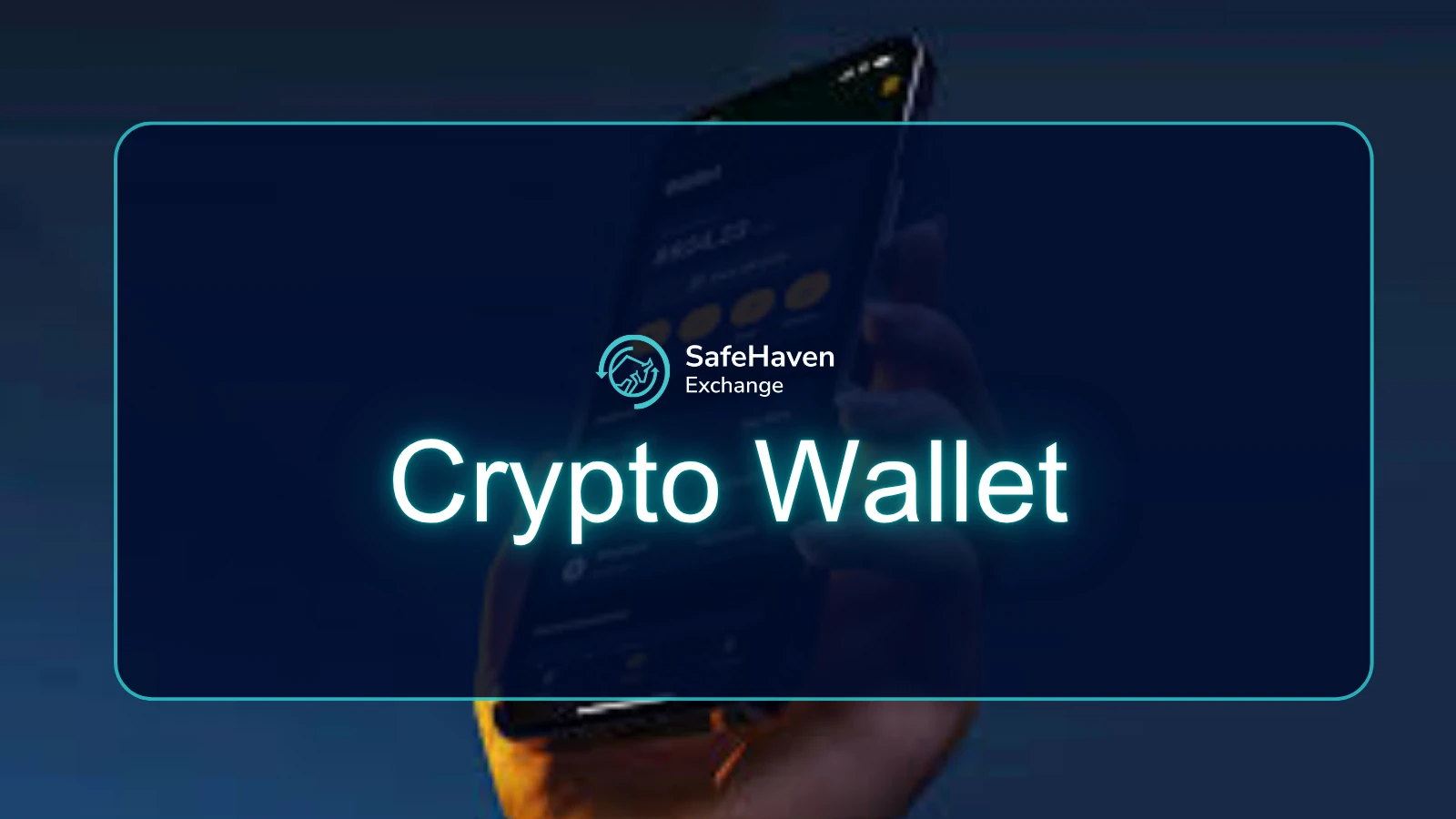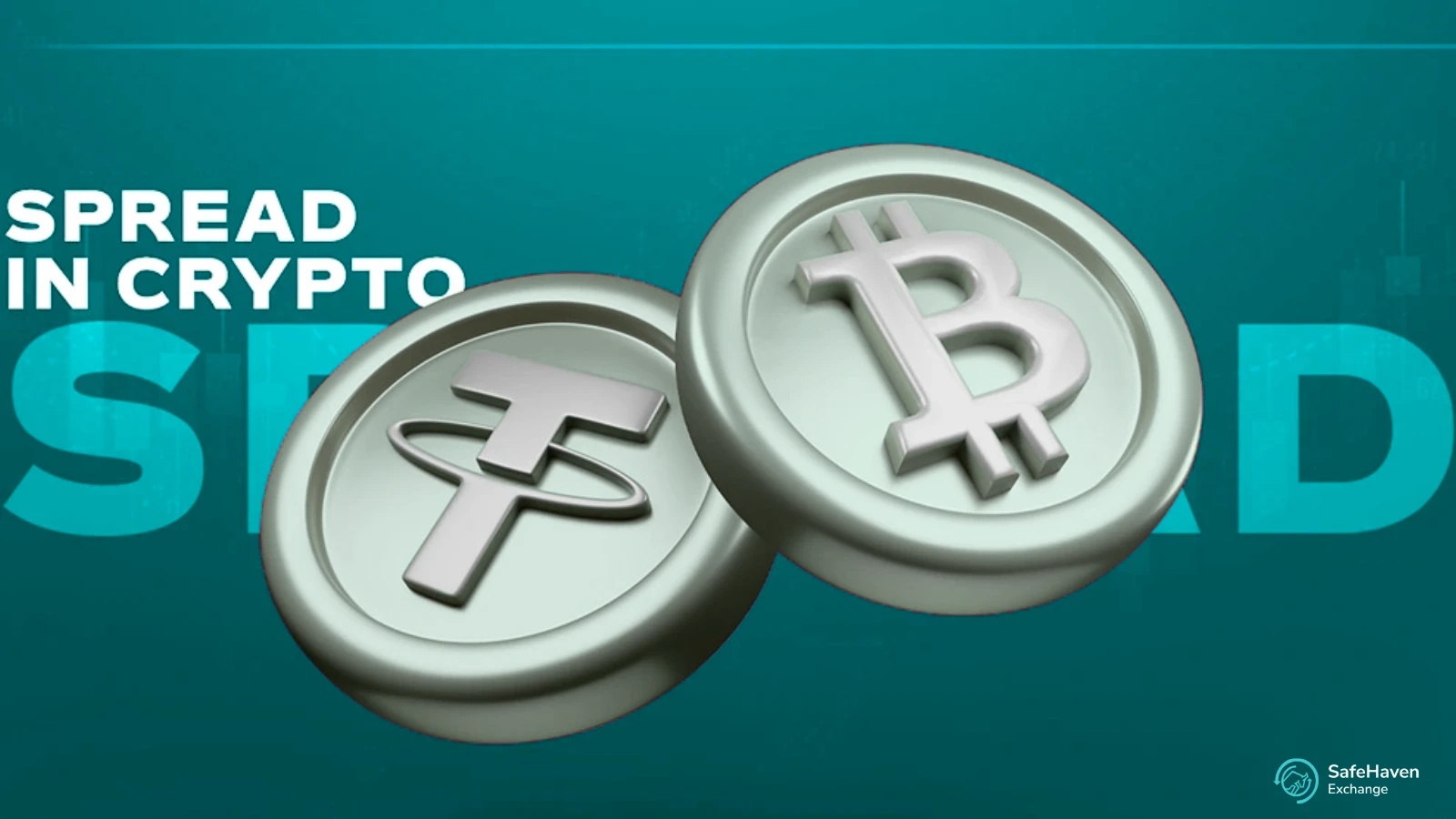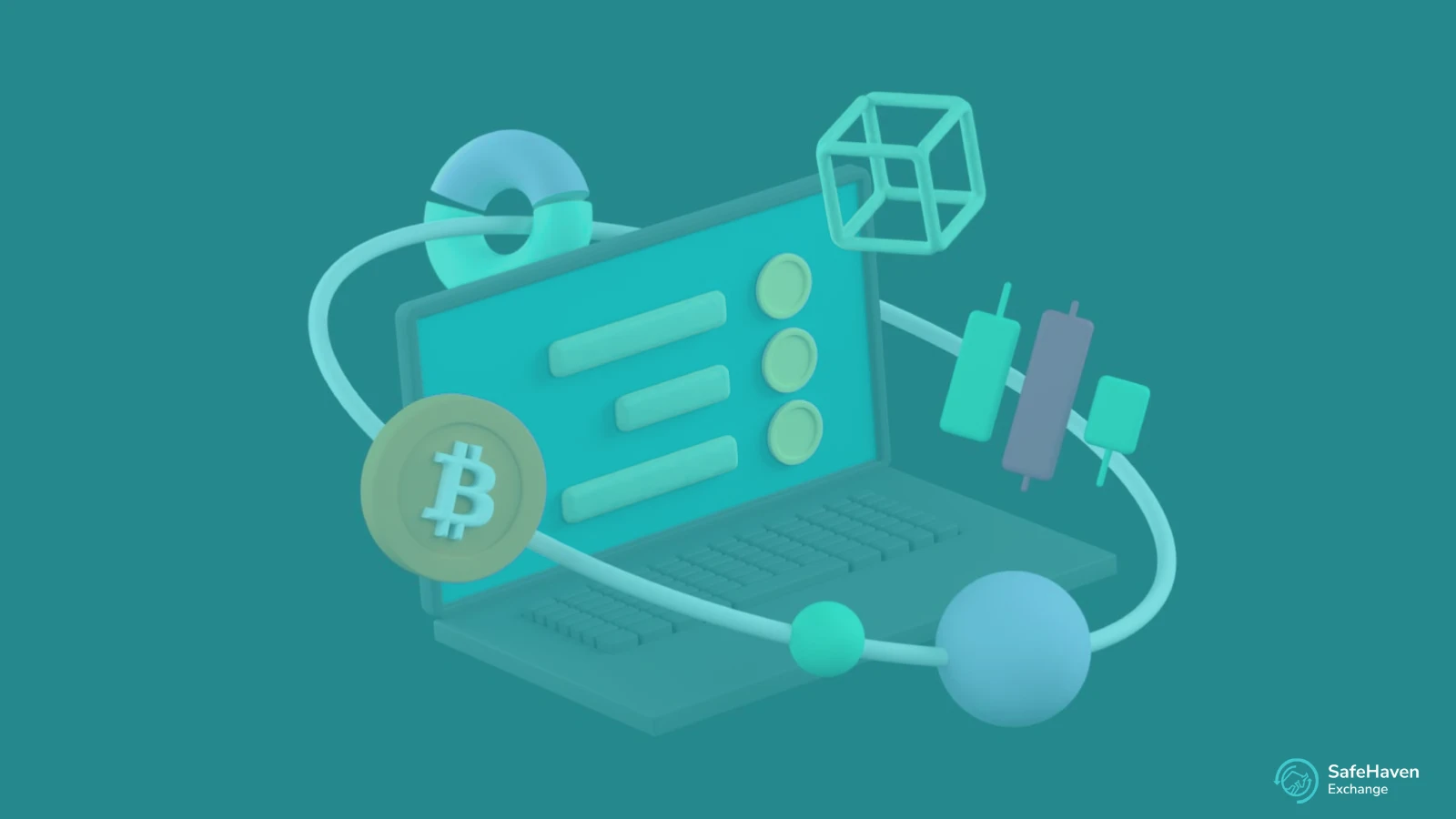Crypto Wallets have become the backbone of digital asset storage, security, and accessibility. Whether you’re just entering the world of cryptocurrency or you’re a seasoned investor, understanding how a crypto wallet works is crucial to safely managing your investments.
In this comprehensive guide, you’ll learn:
- What a crypto wallet is
- The different types of wallets
- Key features to look for
- Expert safety tips to protect your digital assets
By the end, you’ll be empowered to choose the right wallet, enhance your crypto journey, and stay protected from cyber threats. Plus, we’ll introduce you to the Best Crypto Presale opportunity currently creating a buzz in the crypto community.
What is a Crypto Wallet?
A crypto wallet is a digital tool that allows users to store, send, and receive cryptocurrencies like Bitcoin, Ethereum, and thousands of altcoins. Unlike traditional wallets that store physical cash, crypto wallets store private keys — the credentials needed to access and control your digital assets.
There are two main types of crypto wallets: hot wallets and cold wallets, each offering different balances of convenience and security.
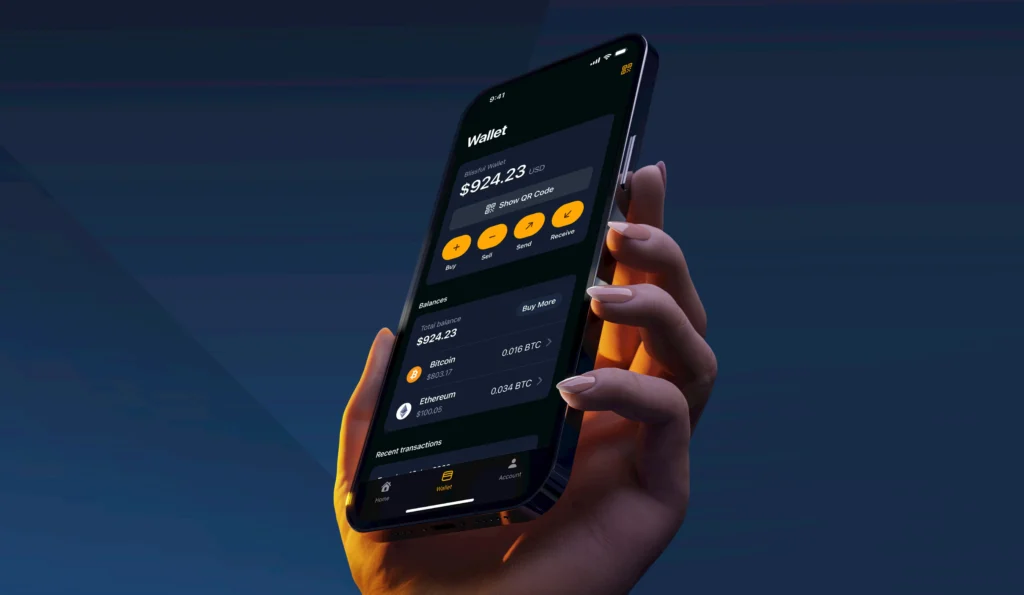
🔑 How It Works
- You receive a public address (like your bank account number)
- Your private key is what gives you access to your funds (like your ATM PIN)
- Crypto wallets interact with blockchain networks to validate transactions
Semantic Keywords: digital currency wallet, blockchain wallet, private keys, crypto security, wallet address, digital asset management
Types of Crypto Wallets
When selecting a crypto wallet, understanding the available types is essential. Let’s break them down:
1. Hot Wallets (Software-Based)
Hot wallets are connected to the internet, making them more convenient but potentially more vulnerable.
Examples:
- Mobile Wallets: Apps like Trust Wallet or MetaMask
- Desktop Wallets: Software like Electrum or Exodus
- Web Wallets: Browser-based solutions like Coinbase Wallet or Blockchain.com
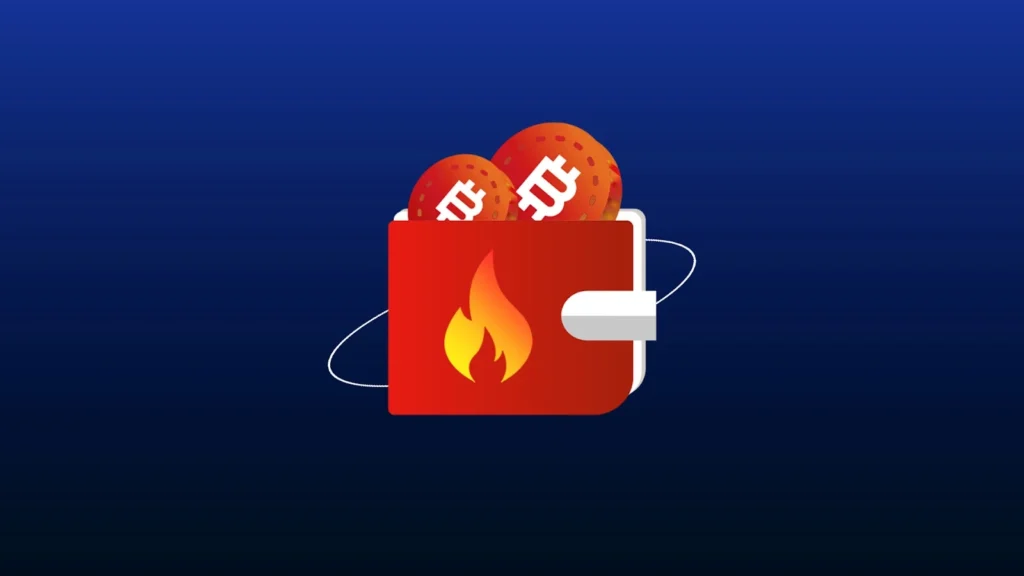
Pros:
- Easy to access
- Great for active traders
- Supports multiple coins and dApps
Cons:
- Prone to phishing and malware
- Requires strong password protection
Pro Tip: Always enable 2FA (two-factor authentication) and use a secure password manager.
2. Cold Wallets (Hardware or Offline)
Cold wallets are not connected to the internet, offering maximum security.
Examples:
- Hardware Wallets: Devices like Ledger Nano X or Trezor Model T
- Paper Wallets: Printed private/public keys stored offline
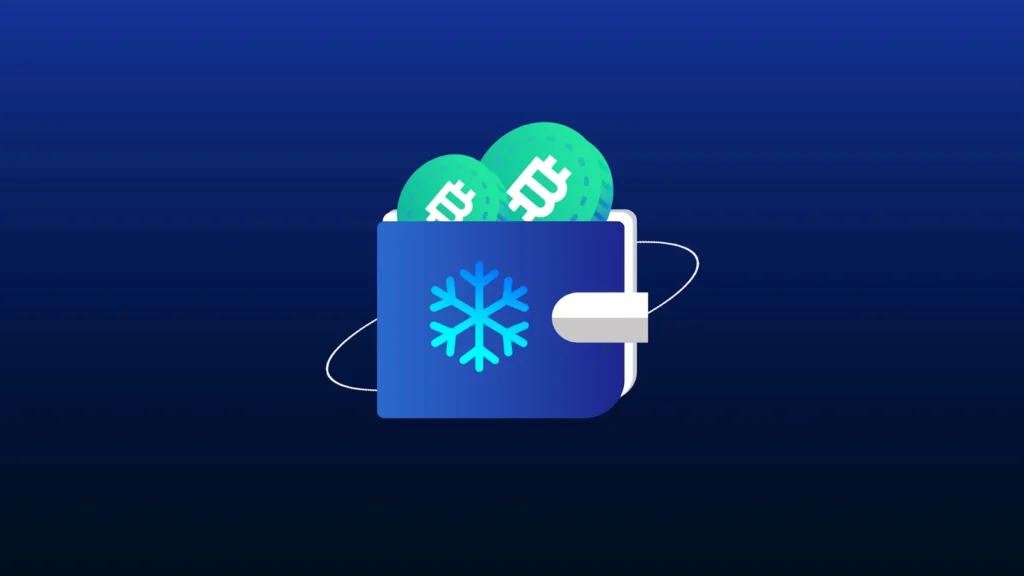
Pros:
- Immune to online hacks
- Ideal for long-term storage
Cons:
- Less convenient for frequent trades
- Physical damage or loss = loss of access (if not backed up)
Key Features to Look for in a Crypto Wallet
Choosing the right wallet means evaluating its features based on your investing habits and security needs.
✅ Security Protocols
- Private key encryption
- 2FA support
- Recovery phrases
- Multi-signature access
🔁 Multi-Currency Support
- Can hold Bitcoin, Ethereum, NFTs, and other altcoins
📱 User Experience (UX/UI)
- Easy to navigate interface
- Transaction history tracking
- Real-time balance and price updates
🌐 Cross-Platform Compatibility
- Desktop + Mobile + Browser extension sync
🔐 Backup and Recovery Options
- Seed phrase recovery
- Cloud backup (with encrypted vaults)
How to Set Up a Crypto Wallet (Step-by-Step)
Step 1: Choose Your Wallet Type
Decide between hot or cold wallet based on how often you plan to trade.
Step 2: Download or Purchase
- Download trusted apps from official sites or app stores
- For hardware wallets, purchase from the official website (never buy used)
Step 3: Create Your Wallet
- Generate your wallet address
- Save your seed phrase offline (write it down!)
Step 4: Add Funds
- Use your public address to receive coins from exchanges
Step 5: Start Transacting Safely
- Send/receive crypto using QR codes or wallet addresses
- Regularly back up your wallet
Semantic Keywords: wallet setup, crypto seed phrase, blockchain security, crypto investment guide
Common Crypto Wallet Mistakes to Avoid
❌ Sharing Private Keys
Never share your private keys or seed phrases — ever.
❌ Falling for Fake Apps
Download only from verified sources. Many phishing apps mimic real wallets.
❌ Ignoring Updates
Always update your wallet software to stay secure.
❌ Not Backing Up Recovery Phrase
Loss of your seed phrase = loss of all funds if wallet is deleted.
Tip: Store your recovery phrase in at least two secure offline locations.
Real-World Case Study: How a Hardware Wallet Saved $1M
A crypto investor stored $1 million in Bitcoin on a Ledger Nano X. During a phishing scam attack, his exchange accounts were compromised, but thanks to storing the crypto offline, the funds remained untouched.
This is a classic example of “not your keys, not your crypto.”
Learn more about securing assets from Ledger’s official blog
Which Crypto Wallet Is Right for You?
If you’re an active trader, a mobile or desktop hot wallet offers ease and flexibility. If you’re a long-term HODLer, a cold hardware wallet offers unmatched security.
Here’s a quick cheat sheet:
| Use Case | Recommended Wallet Type |
|---|---|
| Daily Trading | Hot Wallet |
| Long-Term Holding | Cold Wallet |
| NFT Storage | Multi-Currency Wallet |
| Large Portfolio | Hardware + Multi-sig |
Ready to Take the Next Step?
Secure your assets, choose the right wallet, and get ready to invest smartly in the next big opportunity.
🎯 Don’t miss the Best Crypto Presale of the year – offering innovative features, early access benefits, and community-driven growth potential.
👉 Act now, diversify your portfolio, and take control of your crypto future.
Take the first step in mastering your crypto journey. Choose the right wallet, stay informed, and invest wisely. Join the future of finance with confidence.
✅ Want early access to high-growth tokens? Don’t miss the Best Crypto Presale happening now.
FAQs:
What’s the safest type of crypto wallet?
Cold wallets (especially hardware wallets) are considered the most secure.
Do I need different wallets for different coins?
Many wallets support multiple currencies. Choose a multi-currency wallet if you hold various assets.
Can a crypto wallet be hacked?
Hot wallets are susceptible to hacks if not secured properly. Always enable 2FA and use antivirus software.
What is a seed phrase?
A seed phrase is a 12-24 word key that can restore your wallet. Store it securely offline.

